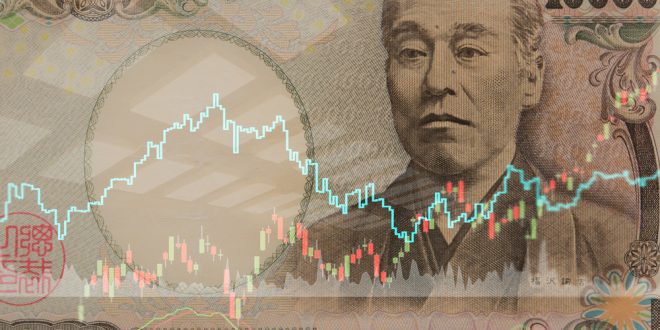On Wednesday, most Asian stocks navigated within a flat-to-lower range, pausing for breath after a recent rebound in Chinese markets, while comments from Federal Reserve officials stirred speculation about the timing of potential U.S. interest rate adjustments.
Drawing cues from a largely stagnant overnight session on Wall Street, regional markets found themselves in a state of indecision. Minneapolis Fed President Neel Kashkari’s remarks suggesting the possibility of the central bank maintaining interest rates at current levels throughout the year cast doubts on expectations for rate cuts, contributing to the subdued sentiment.
U.S. stock index futures showed minimal movement during Asian trading hours, reflecting the cautious stance prevailing in the markets. Despite a robust start to the week driven by weaker-than-expected nonfarm payrolls data fueling anticipation of a rate cut in September, sentiments were tempered by prudent statements from Fed officials over the past couple of days.
In China, the Shanghai Shenzhen CSI 300 and Shanghai Composite indexes retreated slightly, shedding 0.4% and 0.3% respectively from their six-month highs achieved during a remarkable rebound rally over the past few months. Optimism surrounding China’s economic recovery, buoyed by sustained stimulus measures and relaxed investment restrictions, had underpinned the recent surge in stocks, complemented by bargain hunting following a downturn earlier in the year.
Market attention remained fixated on upcoming economic indicators from China, with trade figures for April slated for release on Thursday. Meanwhile, Hong Kong’s Hang Seng index bucked the trend, climbing 0.5% to an eight-month high, bolstered by gains in the technology and real estate sectors.
However, Japan’s Nikkei 225 index lagged behind, tumbling 1.3% from its recent three-week peak, primarily due to uncertainties surrounding the yen. Recent volatility in the currency, attributed to suspected government intervention, instigated caution among investors towards Japanese markets. Although authorities seemingly intervened in currency markets last week to prevent the yen from sliding to 34-year lows, the currency’s recent trajectory hinted at a potential return to those levels, leaving traders wary of further intervention and prompting verbal warnings against currency speculation from Japanese officials.
A stronger yen not only exerts pressure on Japanese exporters but also deters foreign inflows into local markets. Consequently, Japan’s broader TOPIX index also slid 1.1%, with investor attention also directed towards the annual earnings report from automotive titan Toyota Motor Corp, which saw its shares decline by 1.6%.
Elsewhere, broader Asian markets exhibited muted movement, with Australia’s ASX 200 hovering near a one-month high following less hawkish signals from the Reserve Bank, which sparked a robust rally on Tuesday. South Korea’s KOSPI remained flat, while futures for India’s Nifty 50 index hinted at a subdued opening, having steadily retreated from record highs in recent sessions.
 Noor Trends News, Technical Analysis, Educational Tools and Recommendations
Noor Trends News, Technical Analysis, Educational Tools and Recommendations





